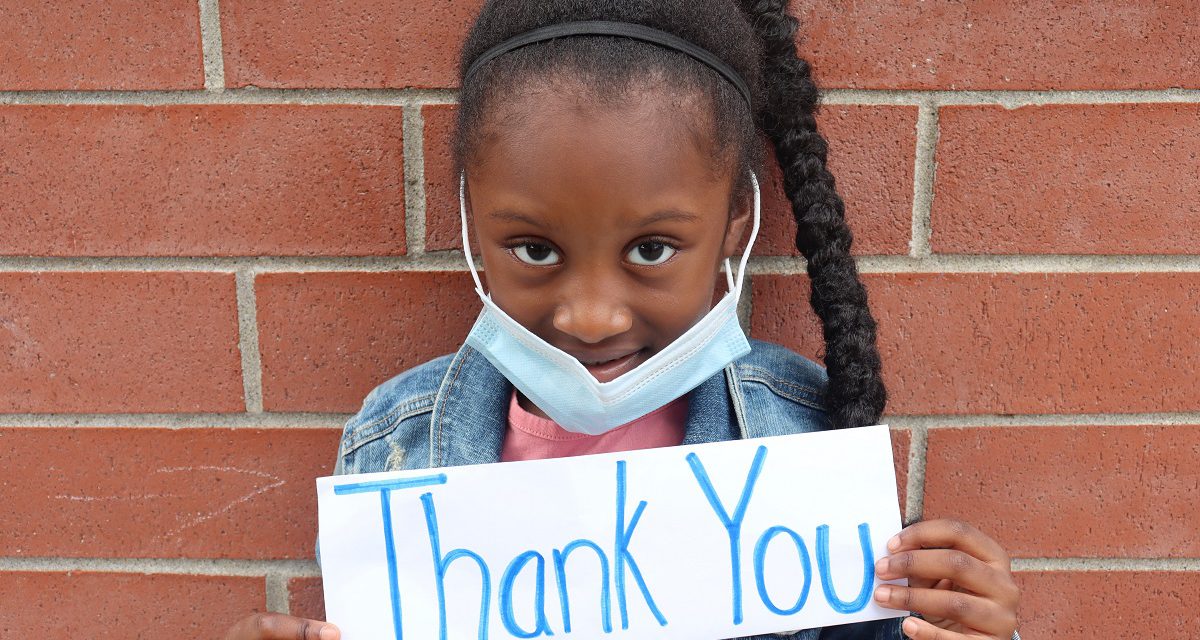March is National Social Work Month and this year celebrates the profession’s essential contributions throughout its history. According to Is Social Work a Profession?, the title social worker first emerged in 1900 as the industry morphed from volunteer philanthropy to a socialized profession. Though the work once treated individuals separately from their environment, social work now advocates for a bridge between person and community to ensure equity for all. In its classical definition, social work must: engage in intellectual operations involving individual responsibility, derive its knowledge from science and learning, apply its knowledge with techniques that are educationally communicable, be self-organized, and operate from altruistic motivations. Social work is diverse in its functions but follows one common goal: serving the underserved and supporting communities to be self-sustainable in the future.
In an article for the National Association of Social Workers, Licensed Clinical Social Worker (LCSW) Mildred Joyner stresses the need for communities to be involved in the communications surrounding solutions. Modern social work has influences rooted in the Koran and mutual aid practices of Native Americans, the African-American community, and immigrants as well as Greek influences of charity and philanthropy. Due to its roots in the communities it serves, it is necessary that communities disproportionately affected by social issues are brought to the table to discuss their needs and how to move forward. According to Joyner, “Social workers are essential, we are the change agents, the community-builders, and the problem-solvers. With our knowledge, skills, and core values, we can re-engage communities and help the nation accept and appreciate the benefits of a just society.”
As we approach the one-year anniversary of the COVID-19 pandemic and review its impact on the economy, job market, unemployment rates, and American lives, we also approach a crossroads– our government is currently failing to meet the needs of its people and where it lacks, mutual aid steps up. Social workers such as the staff members at Samuel U. Rodgers Health Center in Kansas City, Missouri, play an essential role in advocating for underserved communities, especially amid the COVID-19 pandemic and high racial tensions throughout the past year. Social workers provide a link between patients and the medical system to help navigate and advocate for equity in the health care industry.
Walter Hurd, a community health worker (CHW) at Samuel U. Rodgers Health Center, decided to pursue his career after realizing as a patient advocate that many people required assistance navigating the health care system to receive the care they need. As a CHW, he now primarily works with senior patients, providing referrals to help connect patients to providers. “I think my role has a huge impact – a lot of the resources people are unaware of,” he said. “Once we form that link and get the patients to understand what systems are available for them, we can become a liaison for them.”
Ultimately, Hurd’s goal is to help patients become self-sufficient and able to navigate health care on their own so they don’t need to rely on a system, though help will always be available if needed. He worries that people during the COVID-19 pandemic give up on finding care quickly because they think everything is shut down. “We’re here to help bridge the gap between the community and resources,” Hurd said. “Community health workers are a vital part of our health care system and are a link between the patient and the medical systems.”
Hurd believes a collaboration between communities and their respective health centers is necessary to create sustainable solutions and urges individuals interested in supporting social workers to keep up with local and national legislation. Supporting social determinants of health and helping to increase funding for social workers and the entities they work for ensures they have the tools needed to continue their work. Individuals interested in getting involved can also reach out to both local government and community health centers inquiring about volunteer opportunities as well as continue to share and amplify advocacy information about community issues.
Michael Nobo, a licensed clinical social worker (LCSW) and behavioral health practice manager at Samuel U. Rodgers Health Center, shares a personal connection to social work along with his assistant Shelby Line, a second-year master’s-level student at the University of Kansas (KU). Nobo’s father was a social worker and he recalls hearing numerous times how his father was a great man and saved a life on more than one occasion, drawing him to the idea of helping others. At a young age, Line was taught the importance of giving back by her grandmother and after facing personal struggles, similarly, set her sights on a career in care. Both originally pursued a medical career path but quickly realized they wanted to make a stronger impact beyond just physical care.
As a student, Line is currently studying the therapy side of social work. “It’s been interesting to see how the pandemic and environmental factors have impacted our patients and brought about new needs,” she said. According to Line, there has been an increase in struggles with adjustment and feelings of depression among patients, and her and other staff have been continuing to educate themselves on the best practices to help destigmatize mental health and provide adequate care. “A big part of social work is ongoing, lifelong learning – it’s part of the career,” she said. “This is one of the times we see that come into play.”
Nobo, in his management role, also ensures that consistent education is upheld in terms of social determinants of health including equity across race, income status, and other factors. One of his goals this year is to review current policies and programs to ensure they are not creating or upholding barriers in the health care system that prevent people from accessing care. He also supervises staff to ensure that everyone is providing patient-focused, equitable care, with hopes that genuine change on an individual level will create a ripple effect. “Community-level social work wouldn’t be possible without the micro level. If we have more people who are more upwardly mobile, we should see that impact on our community at large,” he said.
Similar to Hurd, Nobo believes social workers are essential because they link patients in the community to much needed resources. For example, he said, doctor appointments may only be 30 minutes before they treat another patient and that may not cover everything – including health problems, substance use, dental issues, comorbidity concerns, etc. Having social workers and others involved in community health, mental health, and advocacy all under the same roof as physical health providers helps reduce stigma in seeking care and allows social workers to step in and spend the time patients need to explore their care concerns. “We get to be that advocate for the client that really pushes on other agencies to stay in contact,” said Nobo.
After a historical year featuring multiple crises, the curtain has been lifted to unveil that our systems of care are failing to protect those who need them most. According to Line, Sam Rodgers staff members provide a consistent, nonbiased approach to clients. “Any client can come to us with any background, problem, etc., and we still approach that with non-bias, non-judgement, and almost a partnership to help them reach their goals. We can have unity within communities.”
By continuing to break down access barriers in health care at the individual and clinical level, we can ensure equitable access for all. Nobo and Line both suggest continuing to self-educate through reading, podcasts, and following along with social issues regarding social determinants of health. Individuals interested in getting involved are encouraged to follow the National Association of Social Workers’ advocacy agendas to lobby for health equity issues. Join the NASW in celebrating Social Work Month and the essential profession by visiting https://www.socialworkers.org/News/Social-Work-Month and accessing the toolkit.








